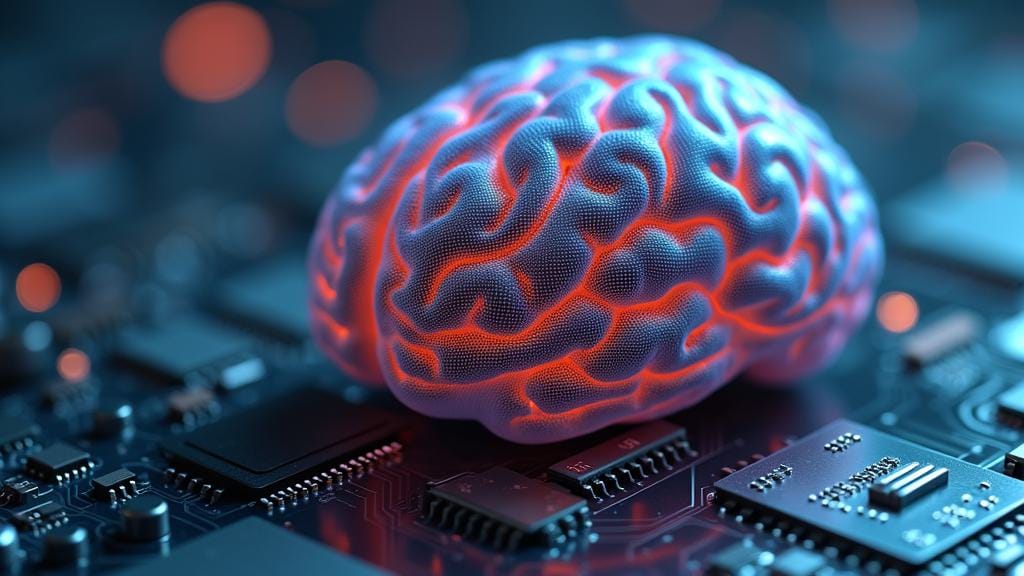AI technology is advancing, yet the human brain’s complexity is unmatched. With roughly 86 billion neurons, humans excel in nuanced creativity and social interactions. AI processes data swiftly and excels in pattern recognition but lacks consciousness and empathy. While AI’s voice capabilities trigger attention-related brain responses, they lack the authenticity of human interaction. Despite AI’s rapid progression, mimicking human thought in machines, including emotions and social dynamics, remains elusive. Learn more about AI’s capabilities juxtaposed with human intelligence.

While AI and the human brain both represent forms of intelligence, they differ considerably in complexity and capability. The human brain’s complexity is unmatched, housing approximately 86 billion neurons, enabling functions that AI has yet to replicate. Your brain can learn with remarkable efficiency, grasping new concepts from minimal examples—a skill known as one-shot learning. In contrast, AI processes data at incredible speeds, excelling in pattern recognition, which involves analyzing vast datasets for insights that would take you far longer to discern.
Despite AI’s prowess in data processing, it struggles with creativity and social interactions. These are areas where human intelligence shines, given your ability to demonstrate empathy and social skills during complex interactions. AI’s lack of self-awareness means that it can’t truly understand or participate in these nuanced human experiences. Furthermore, while AI systems maintain endurance and constant performance without fatigue, they haven’t mastered multitasking like you, who can juggle multiple tasks seamlessly.
The distinction extends to how voices are perceived. When you hear an AI voice, your brain activates regions related to error detection and attention, yet human voices elicit stronger responses linked to empathy and memory. This difference highlights AI’s struggle with authenticity, as people often find AI voices less natural. Curiously, people have difficulty distinguishing between human and AI voices, showing how far AI has come, yet there’s still a long way to go. Recent studies reveal that human voices triggered stronger responses in memory-related areas of the brain, emphasizing the unique connection humans have with natural voices over AI-generated ones.
Developing AI that mimics human thought is challenging due to the intricate and not fully understood workings of the human brain. Though both biological and artificial neural networks are complex, they remain largely unexplainable in their operations. AI’s reliance on human-provided data and algorithmic limitations further constrain it.
Artificial General Intelligence, the goal of replicating human-like intelligence in machines, remains elusive. In this evolving landscape, AI continues to advance, yet the unique capabilities of the human brain, from consciousness to empathy, remain beyond its reach. As technology progresses, the question isn’t just about machines thinking like us but understanding what truly defines human intelligence.

